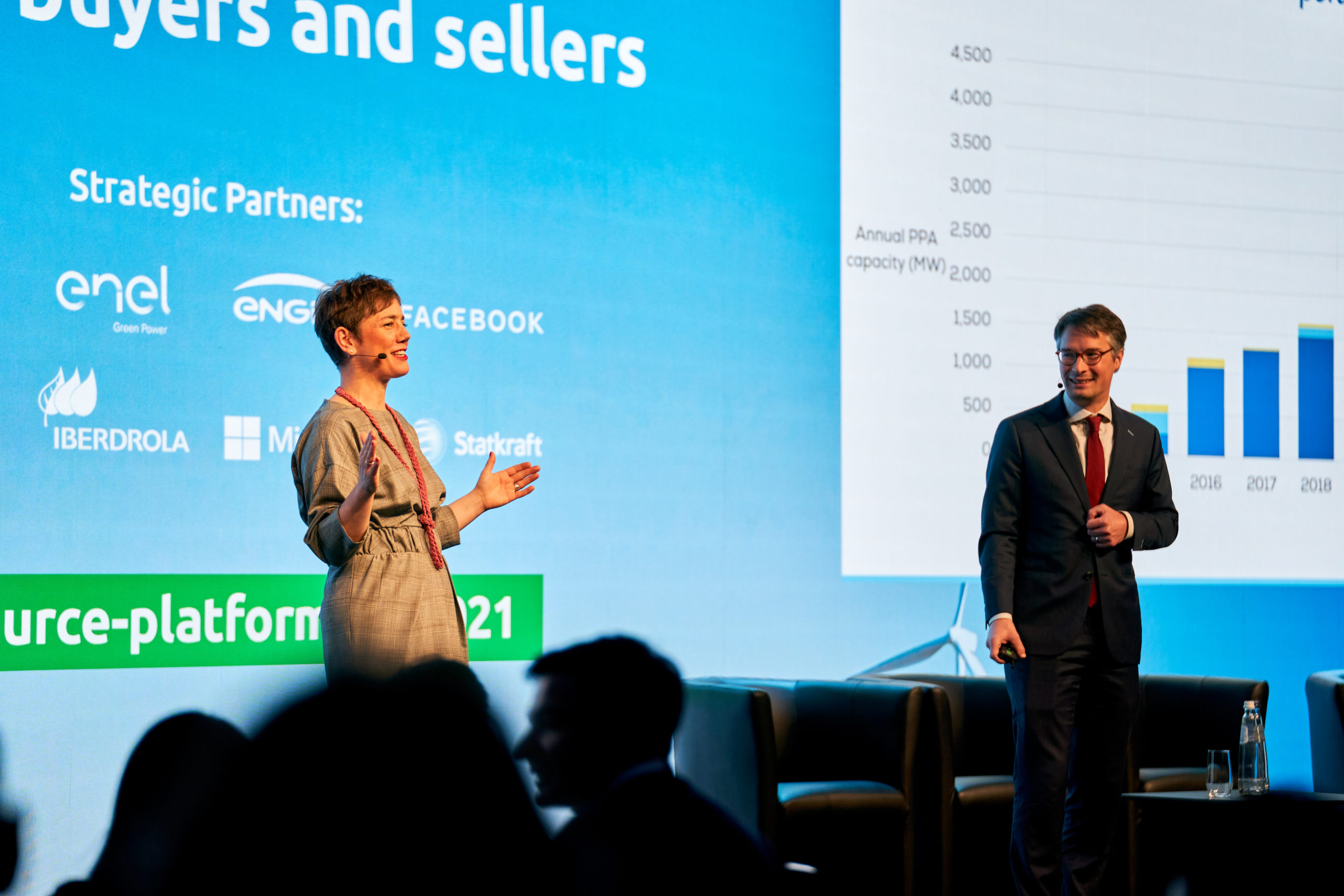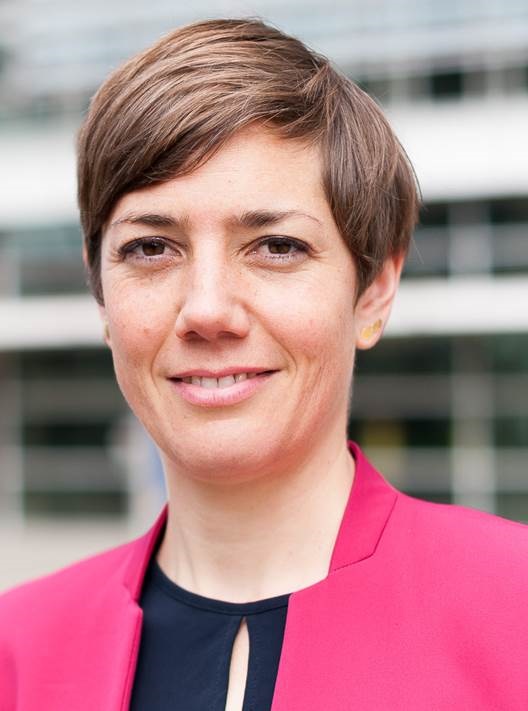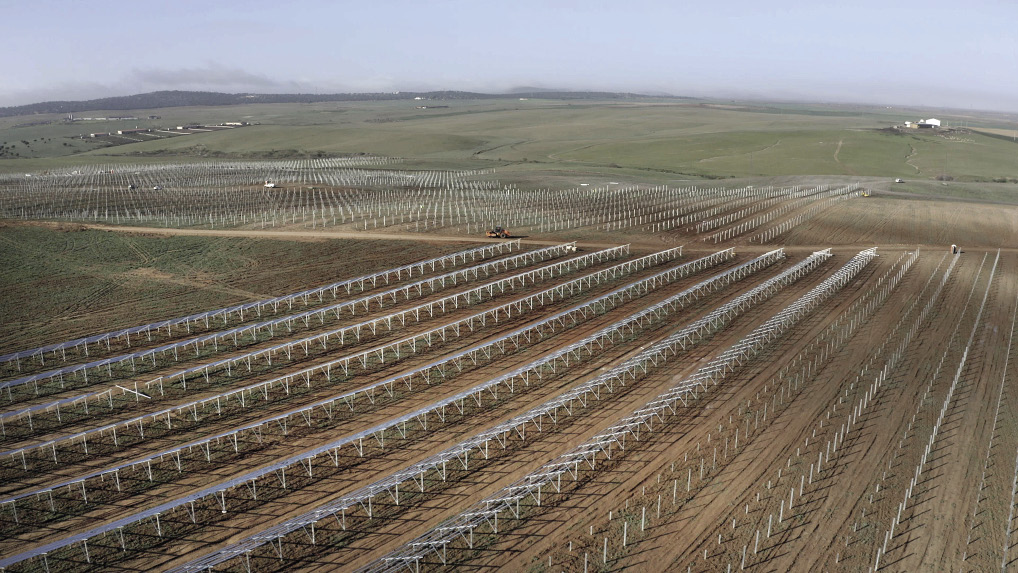Ahead of October’s European summit, where European leaders met to discuss electricity prices, energy-intensive industries called on leaders to implement policy measures to support industry access to renewable energy. Eight energy-intensive industrial associations, representing the paper, aluminum, and chemical sectors, among others, joined together with SolarPower Europe and WindEurope to highlight the urgent need for policymakers to support the transition to cost-effective, reliable, renewable energy.
Meanwhile, at the household level, our own research shows that solar is already significantly insulating homes from energy price shocks. Households with existing solar installations across the European regions (Poland, Spain, Germany, and Belgium) are saving an average of 60% on their monthly electricity bill during this crisis.
As European Commission Vice-President Dombrovskis put it, this energy costs emergency “only reinforces the plan to move away from fossil fuels”. Vice-President Timmermans was even clearer when speaking to Members of the European Parliament, arguing that if “we had the Green Deal five years earlier, we would not be in this position because then we would have less dependence on fossil fuels and on natural gas.”
Green transition
The European Commission’s recognition that the green transition must be accelerated was reflected in their ‘toolbox’ for EU member states to tackle the crisis. The guidance reiterates existing proposals on the acceleration of permitting for new renewable energy projects and puts forward recommendations to support industry access to renewable Power Purchasing Agreements (PPAs). Corporate PPAs are key to reducing industrial carbon emissions while providing businesses with long-term stable energy costs, and insulating them from the price fluctuations we see today.

With the Commission’s latest endorsements of renewables, the potential of solar stands out as a clear winner. The European Commission has just published its work plan for 2022 – with solar as the sole named energy technology. We must use this opportunity to adopt the clear solutions available to address the remaining challenges to fulfilling the tremendous potential of solar. Just looking at the rooftop segment, for example, rooftop solar should be the expected standard with newly built or renovated commercial and industrial sites. More widely, we need to tackle the lengthy and burdensome permitting processes that slow down the installation of solar sites.
Price hikes
While countries remain dependent on fossil fuels, future energy price hikes are guaranteed. Last year, six EU member states, including Spain, called for a commitment to 100% renewable electricity systems. To take this further, governments must launch dedicated tenders and establish the right price signals for solar and storage projects, while implementing ambitious innovation policies to deploy the technologies that we need in our grids.
European leaders will meet again in December to discuss the energy price issue, with the Commission set to publish its latest additions to the Fit for 55 package in the same week. SolarPower Europe and our partners will spend the coming weeks and months working with policymakers to ensure that any legislative moves reflect the role of solar in shielding homes and businesses from price hikes while protecting the planet from carbon emissions.
About the author

Walburga is the CEO of SolarPower Europe. She is responsible for the overall performance of the association. Her previous experience includes her roles as Head of the EU Representation Office at VERBUND for nine years; Advisor of Financial and Capital Markets at The Association of German Public Banks and Association of Public Banks (VÖB / EAPB); Competition lawyer at Haarmann Hemmelrath; A Parliamentary Assistant to Austrian MEP and experience in the DG Competition Merger Control Task Force. Walburga has also been a Board Member of Hydrogen Europe. Walburga holds a degree in Law and Business Administration from Leopold-Franzens Universität Innsbruck. She speaks German, English, Dutch and French.
The views and opinions expressed in this article are the author’s own, and do not necessarily reflect those held by pv magazine.
This content is protected by copyright and may not be reused. If you want to cooperate with us and would like to reuse some of our content, please contact: editors@pv-magazine.com.



12 comments
By submitting this form you agree to pv magazine using your data for the purposes of publishing your comment.
Your personal data will only be disclosed or otherwise transmitted to third parties for the purposes of spam filtering or if this is necessary for technical maintenance of the website. Any other transfer to third parties will not take place unless this is justified on the basis of applicable data protection regulations or if pv magazine is legally obliged to do so.
You may revoke this consent at any time with effect for the future, in which case your personal data will be deleted immediately. Otherwise, your data will be deleted if pv magazine has processed your request or the purpose of data storage is fulfilled.
Further information on data privacy can be found in our Data Protection Policy.